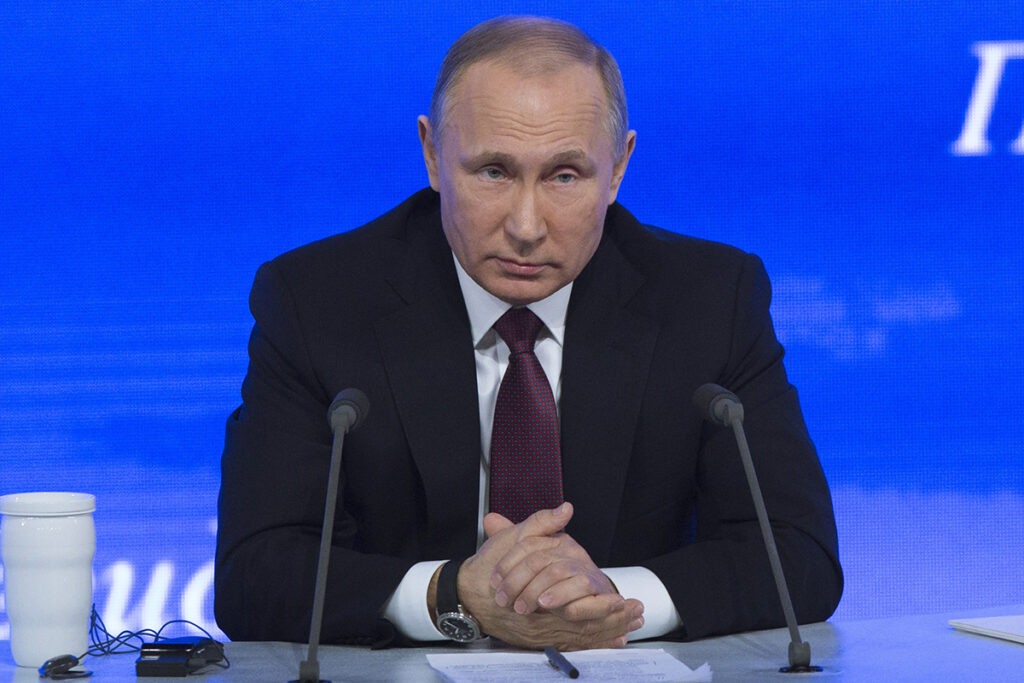Russians are currently participating in a presidential election that is widely expected to secure President Vladimir Putin’s rule for another six years. The election, spanning three days, has been marked by several incidents of vandalism at polling stations, including a firebombing and the pouring of dyed liquid into ballot boxes.
This election occurs amidst a backdrop of a harsh crackdown on dissent within Russia. Independent media and prominent rights groups have been severely restricted, solidifying Putin’s control over the political system. Additionally, Russia’s ongoing war in Ukraine, now in its third year, has further complicated the political landscape. While Russia has made incremental gains on the battlefield, Ukrainian fighters have managed to launch long-range drone attacks deep inside Russia and put the Black Sea fleet on the defensive.
Despite these challenges, voting has been reported as orderly in most regions. However, incidents like a Molotov cocktail thrown onto a polling station’s roof in St. Petersburg and the pouring of green liquid into ballot boxes in Moscow have raised concerns. Interfering with elections in Russia is punishable by up to five years in prison.
The election’s lack of suspense is due to Putin running for his fifth term virtually unchallenged. His political opponents are either imprisoned, in exile, or have met untimely ends. The three other candidates on the ballot are low-profile politicians from token opposition parties aligned with the Kremlin.
International observers have little expectation that the election will be free and fair. The absence of significant observer missions, including the Organization for Security and Cooperation in Europe, limits independent monitoring. The election watchdog Golos has criticized the campaign as being practically unnoticeable and the most vapid since 2000.
The election is not without controversy regarding its territorial scope. Ukraine and the West have condemned Russia for holding the vote in Ukrainian regions occupied by Moscow’s forces. This move is seen as an attempt by Putin to use the election’s outcome as evidence of widespread support for the war and his handling of it.
The opposition has urged those dissatisfied with Putin or the war to protest at the polls. However, the effectiveness of this strategy remains uncertain. Golos, the election observer group, has noted that the current elections are unlikely to reflect the true mood of the Russian people, given the limited choices and the crackdown on dissent.
Overall, the election is seen as a foregone conclusion, with Putin expected to secure another term in office. However, the process has been marred by incidents of vandalism, limited political opposition, and a crackdown on dissent, raising questions about the fairness and transparency of the electoral process in Russia.


